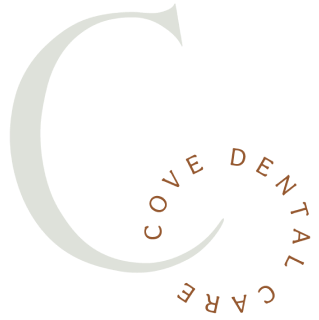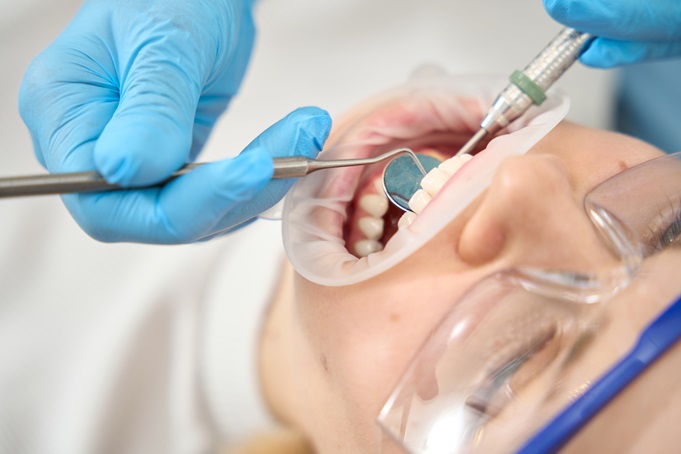5 Examples of Dental Emergencies You Shouldn’t Ignore


Dental emergencies can happen at any time and can be both painful and distressing. Knowing how to identify a dental emergency and take prompt action is crucial for preserving your oral health. In this blog post, we will discuss five common examples of dental emergencies that you should never ignore.
1. A Knocked-Out Tooth
A knocked-out tooth is a dental emergency. If you don’t get help promptly, the chances of successfully reimplanting the tooth decrease significantly. Without immediate care, the tooth’s delicate tissues can become damaged or die due to lack of blood supply. Additionally, the bone socket may start to heal, making it impossible to reinsert the tooth properly. Seeking prompt dental care, ideally within 30 minutes, provides the best opportunity to save the tooth and prevent long-term oral health complications such as bone loss and the need for more extensive restorative procedures like dental implants or bridges.
2. A Severe Toothache
A severe toothache can be considered a dental emergency, especially if it persists and is accompanied by other symptoms like swelling, fever, or an unpleasant taste. Ignoring a severe toothache can lead to several potential consequences, including worsening infection, abscess formation, and the spread of infection to other parts of the body. Delaying treatment may result in more extensive and costly dental procedures, and in severe cases, the loss of the affected tooth. Seeking prompt dental care for a severe toothache allows your dentist to diagnose and address the underlying issue, providing relief from pain and preventing further complications.
3. A Dental Abscess
Ignoring a dental abscess can lead to severe and potentially life-threatening complications. If left untreated, the infection can spread to the surrounding tissues and even enter the bloodstream, causing a systemic infection. The symptoms may worsen, including severe pain, swelling, fever, and difficulty swallowing or breathing. In extreme cases, a dental abscess can lead to sepsis, a life-threatening condition. Seeking immediate dental care for a dental abscess is essential to prevent the infection from spreading, relieve pain, and ensure appropriate treatment, often involving draining the abscess and prescribing antibiotics to resolve the underlying issue.
4. A Broken Tooth
A broken tooth can be considered a dental emergency, particularly if it results in severe pain, sharp edges, or damage to the inner pulp. Ignoring a broken tooth can lead to various complications. The exposed tooth may become sensitive, infected, or further damaged. If the fracture extends to the nerve inside the tooth, it can cause excruciating pain. Additionally, a broken tooth can negatively affect your bite and overall dental function. Seeking prompt dental care for a broken tooth allows your dentist to assess the extent of the damage, provide pain relief, and determine the most appropriate treatment, which may include bonding, a dental crown, or other restorative procedures to prevent further issues and maintain the tooth’s function and appearance.
5. A Loose Tooth
A loose tooth can be considered a dental emergency, especially if it results from trauma or injury. Ignoring a loose tooth can lead to several potential consequences. If the tooth is only slightly dislodged, prompt dental care may help reposition it and save the tooth. However, if left unattended, a loose tooth can worsen, become more dislodged, or even fall out. Delaying treatment can result in the permanent loss of the tooth, affect your bite alignment, and lead to difficulties in eating and speaking. Seeking immediate dental care for a loose tooth is crucial to assess the extent of the injury, stabilize the tooth, and determine the best course of action to preserve your oral health and prevent further complications.
Conclusion
Dental emergencies can be distressing, but knowing how to recognize them and take swift action can make all the difference in preserving your oral health. If you experience any of the above dental emergencies, don’t hesitate to contact us. Remember, quick action can often save teeth and prevent further complications.


